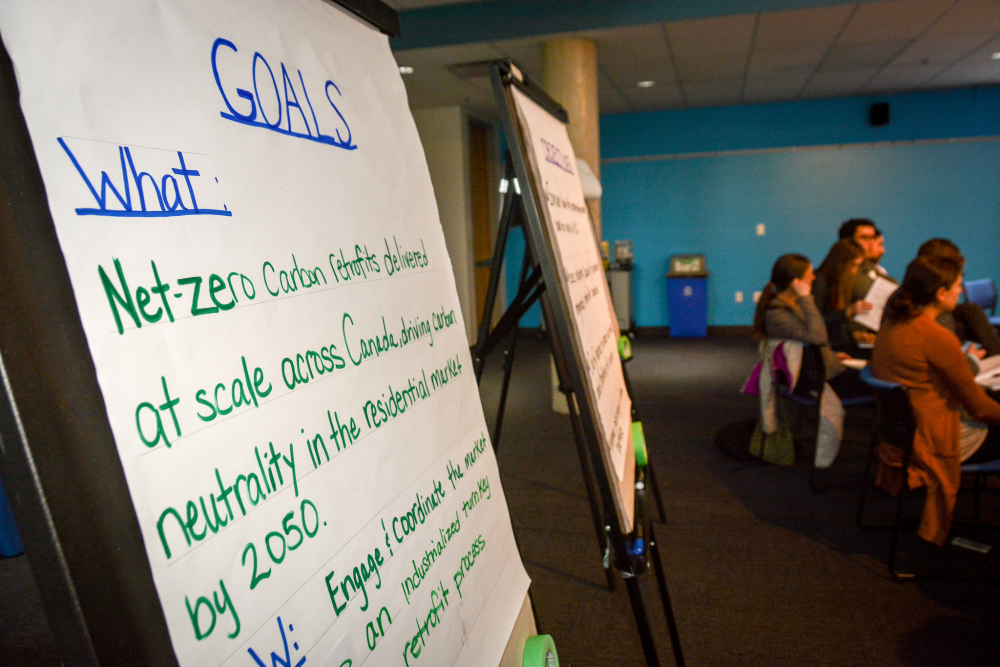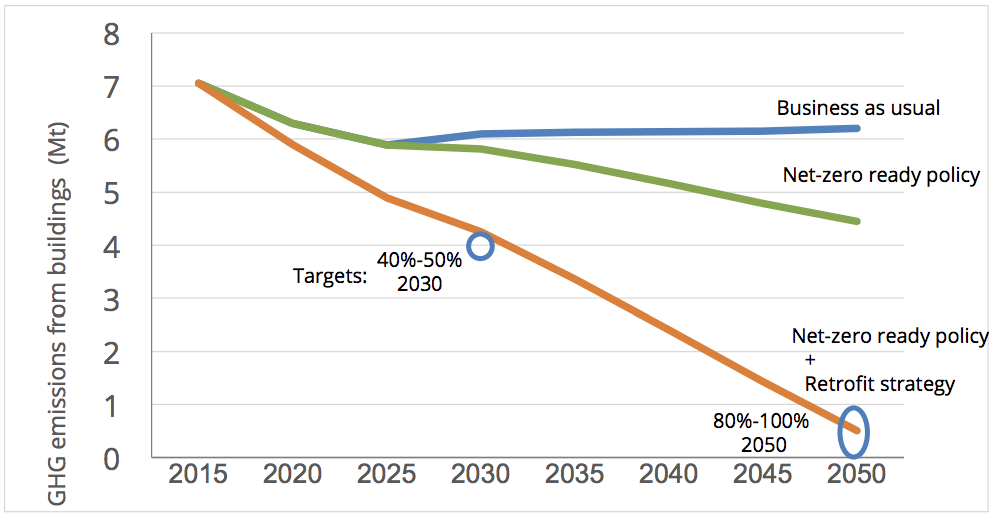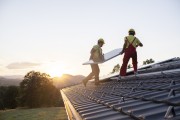Buildings that already exist today will make up half of the building stock in 2050. In order to reduce carbon pollution from the building sector and meet our climate targets, we must renew our investment in existing buildings and take a whole-building approach to energy-efficiency measures.
These measures — which can include adding insulation, installing triple-pane windows, sealing air leaks, and replacing an old furnace — also help to cut utility bills and make homes and buildings perform better. Retrofitting a home or building can reduce mould and moisture, cut down on drafts and condensation, and improve health and comfort.
A comprehensive strategy is needed to set a course for the building sector to meet B.C.'s 2050 climate commitments. A robust plan will require a long-term strategy and commitment of resources, taking advantage of public funds to leverage private investment, and a sustained effort over the coming decades.
Dylan Heerema,
Analyst, Buildings and Urban Solutions Program, Pembina Institute,
Vancouver
The Vancouver Courier published this letter to the editor on February 15, 2018 (page A11).








